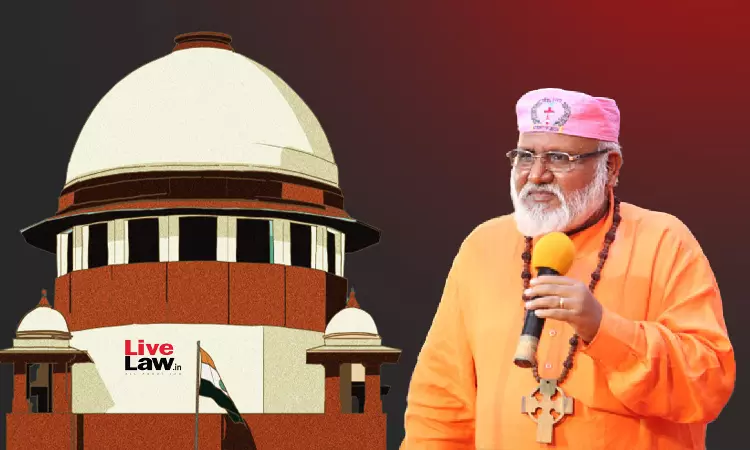Supreme Court Reserves Judgment On Pleas Of SHUATS VC & Officials To Quash Cases Under UP Religious Conversion Law
Gursimran Kaur Bakshi
2 Oct 2024 11:34 AM IST

Next Story
2 Oct 2024 11:34 AM IST
The Supreme Court on October 1 reserved the judgment in a batch of petitions seeking to quash the criminal cases against the Vice Chancellor and other officials of the Sam Higginbottom University of Agriculture Technology and Science (SHUATS), Prayagraj over alleged forced mass religious conversions of people to Christianity. The Special Leave Petitions under Article 136 were filed before...
